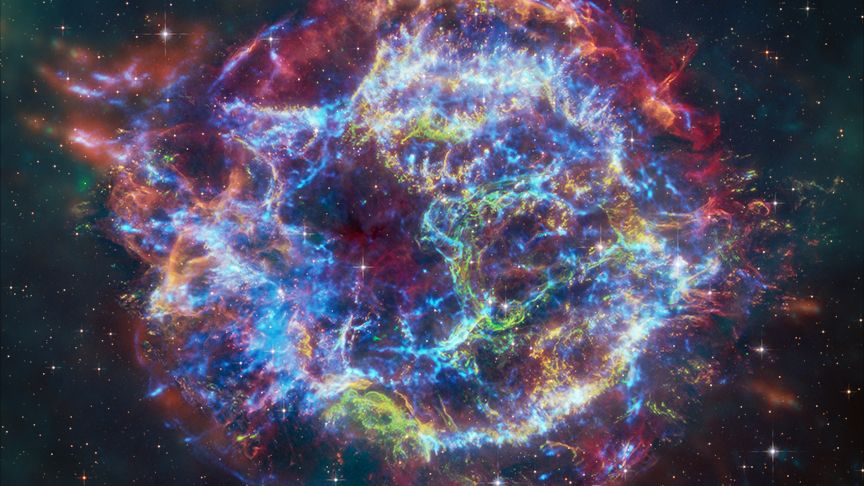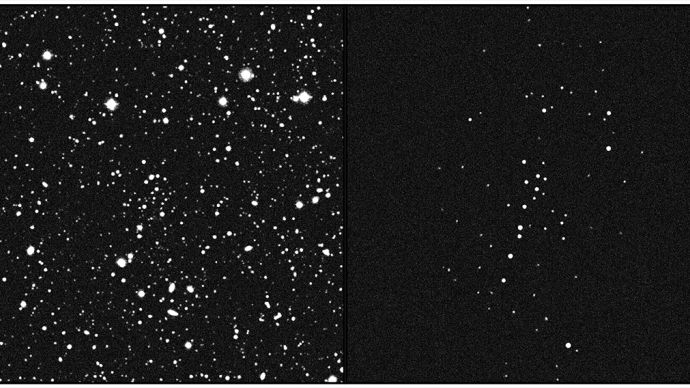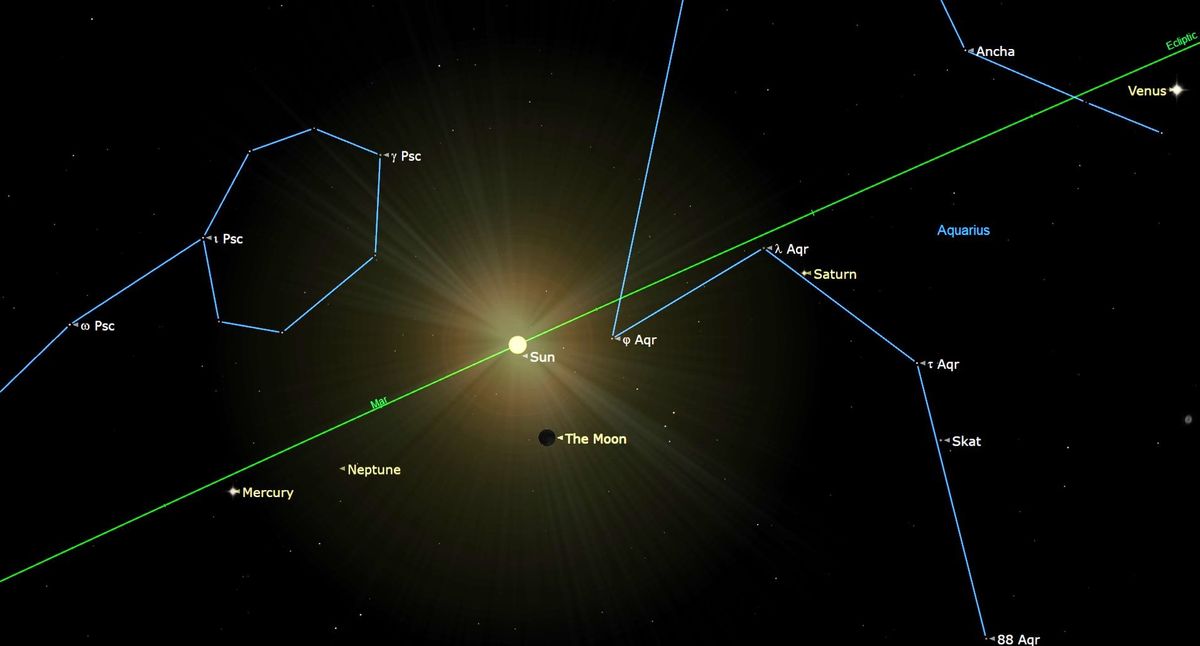Discovery of Rare Stardust Particle Unlocks Secrets of Supernova Death
Recently, scientists have made a groundbreaking discovery of a rare stardust particle that originated from the explosive supernova death of a distant star. This minute speck, nestled within an ancient meteorite, holds the key to uncovering a narrative of stellar life, death, and rebirth that encompasses nearly the entire 13.8 billion-year existence of the universe. Furthermore, this discovery has the potential to enable scientists to decode the enigmas surrounding a newly identified type of star that meets its demise in a distinctive supernova explosion.
Celestial Time Capsules: Insights into Stellar Evolution
In the words of the research team leader from the Lunar and Planetary Science Institute, these stardust particles act as “celestial time capsules,” offering a glimpse into the life cycle of their parent stars. The significance of this revelation lies in the ability to connect these minuscule particles to the broader narrative of cosmic evolution.
Most meteorites serve as repositories of historical information, shedding light on the composition of the solar system around 4.6 billion years ago. During this period, the sun was in its nascent stage, enveloped by a primordial disk of gas and dust known as a “protoplanetary disk.” These cosmic materials eventually coalesced into planets like Earth, marking the initiation of the solar system’s construction.
The tumultuous environment of the early solar system was characterized by violent collisions between asteroids, comets, and planets. The remnants of these cataclysmic events, embedded in meteorites, provide a valuable record of the solar system’s infancy, akin to a cosmic fossil archive.
Tracing the Origin: An Extraordinary Isotopic Signature
However, the recent discovery of a stardust particle with a distinctive isotopic composition challenges conventional narratives of stellar evolution. By analyzing uncommon isotopes of familiar elements, researchers were able to discern a unique magnesium isotopic ratio in the meteorite sample, unlike anything found in our solar system.
The unprecedented nature of this discovery, with an isotopic ratio surpassing previous records, points towards the remnants of a hydrogen-burning supernova. These rare cosmic events are triggered when massive stars, retaining hydrogen in their outer layers post-core exhaustion, explode in a fiery spectacle.
The integration of advanced technologies such as the atom probe has facilitated an unparalleled level of detail in this investigation, enabling scientists to gain insights into the formation of these exotic stars. The realization that atomic-scale measurements can illuminate events occurring beyond the confines of the solar system underscores the remarkable scientific potential residing within meteoritic particles.
Unlocking Cosmic Mysteries: A Path to Understanding
The culmination of this research, detailed in the Astrophysical Journal, signifies a significant advancement in our comprehension of celestial phenomena. Through the meticulous examination of rare stardust particles, scientists are unravelling the complex tapestry of stellar evolution, offering a glimpse into the intricate processes shaping the universe.
Ultimately, the synergy between cutting-edge analytical techniques and astrophysical research heralds a new era of discovery, where the secrets of the cosmos are gradually unveiled, one stardust particle at a time.
Image/Photo credit: source url





